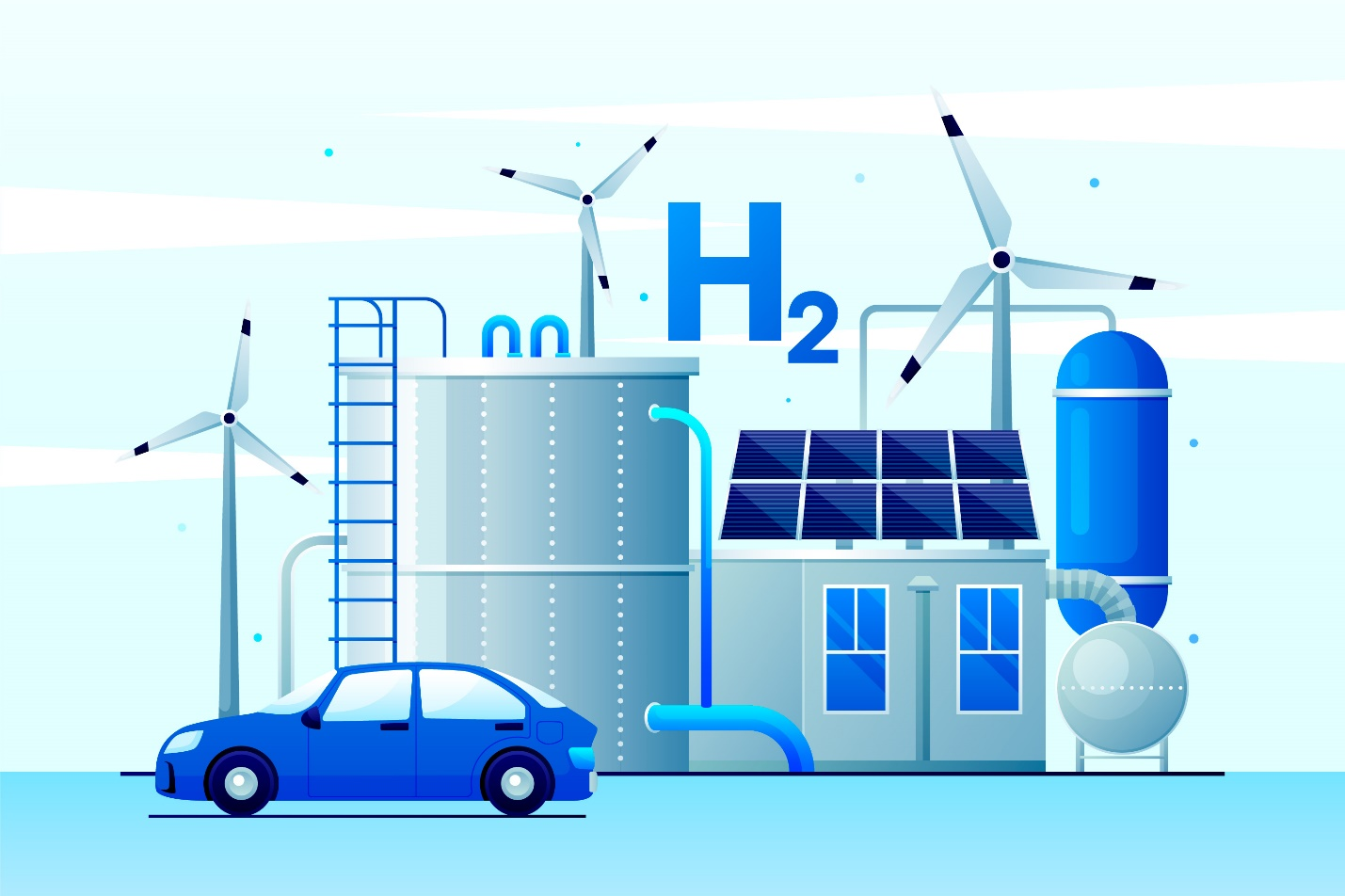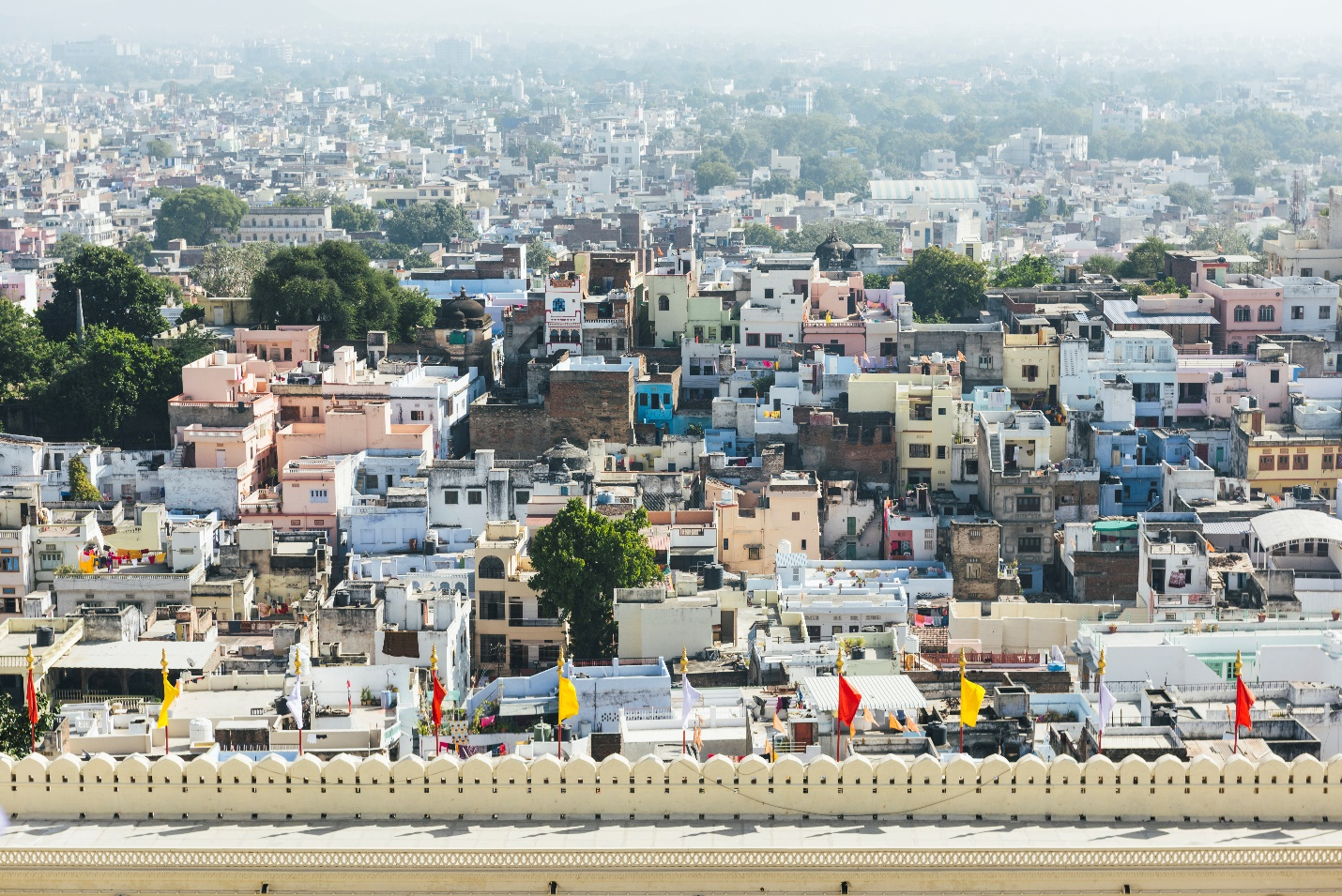India ranks third among the world’s most attractive destinations for technological investments, reflecting its growing emphasis on science and technology as drivers of economic prosperity. The country is among the top five globally in space exploration and scientific research. India ranked 39th in the Global Innovation Index 2024, a significant improvement from 81st in 2015. Similarly, it moved up to 36th in UNCTAD’s 2024 ‘Readiness for Frontier Technologies’ index from 48th in 2022. India emerged as the world’s 6th largest patent filer with over 64,000 patent applications, marking a major milestone for its innovation ecosystem. India is rapidly emerging as a global hub for space sector engagement according to the Science and Technology Minister, emphasizing the country's growing capabilities in space technology and innovation.
The Government of India has been fostering innovation through research parks, technology business incubators, and policy reforms that nurture ideas from concept to commercialization. This has powered the startup revolution, with 1,39,018 startups in May 2024 compared to just 350 in 2014. By June 2025, India had become the world’s third-largest startup ecosystem, boasting over 1.8 lakh DPIIT-recognized startups, including more than 3,600 deep-tech ventures focused on AI, quantum computing, and emerging technologies.
The country’s semiconductor ecosystem has also gained momentum. In May 2025, the Union Cabinet approved a sixth semiconductor unit near Jewar, Uttar Pradesh, by HCL and Foxconn with an investment of Rs. 3,700 crore (US$ 432.9 million). Tata Electronics, in collaboration with Taiwan’s PSMC, announced an Rs. 91,000 crore (US$ 11 billion) facility in Gujarat, expected to generate 20,000 jobs. Additional semiconductor projects in Assam and Gujarat are attracting multi-billion-dollar investments, strengthening India’s Atmanirbhar Bharat vision.
Prime Minister Mr. Narendra Modi addressed the Emerging Science, Technology and Innovation Conclave (ESTIC) 2025 and launched a Rs. 1 lakh crore (US$ 11.30 billion) Research, Development and Innovation (RDI) Scheme. The scheme aims to promote private sector-led research and development, emphasizing high-risk and high-impact projects. The government is also focusing on ease of doing research, regulatory reforms, and creating a modern innovation ecosystem in the country.
Leading global companies are deepening their R&D footprint in India. Toyota is setting up its first R&D center in Bengaluru, targeting 3,000 engineers by 2027. Siemens Healthineers and Philips are investing US$ 235 million in a new R&D and manufacturing hub. Daikin has committed Rs. 500 crore (US$ 58.3 million) for a new center in Neemrana, Rajasthan, to develop export-focused HVACR products. Databricks, a global AI company, has also pledged Rs. 2,133 crore (US$ 250 million) to accelerate AI-driven innovation in India.
Artificial intelligence and deep tech are emerging as pillars of India’s technological growth. The Indian AI market is projected to grow at a CAGR of 25-35% to reach around US$ 17 billion by 2027. Industry estimates suggest India’s AI sector could touch Rs. 2,47,766 crore (US$ 28.8 billion) by 2025, creating one million jobs by 2026. AI spending is expected to rise from US$ 1.7 billion in 2023 to US$ 5 billion by 2027. Deep-tech investments doubled to Rs. 2,763.7 crore (US$ 324 million) in early 2025, driven by growing use cases and government-backed initiatives such as the IndiaAI Mission and National Quantum Mission.
The Information Technology industry is undergoing transformative changes with automation and AI driving growth. IT contributes 12% to total services GVA and about 7% to India’s GDP, adding over US$ 280 billion to the economy. Hiring trends indicate a rebound with significant fresher recruitment.
The IT and digital economy remain at the heart of India’s transformation. IT spending is projected to reach US$ 161.5 billion in 2025, up from US$ 145.4 billion in 2024, while the overall IT industry is expected to cross Rs. 29,91,450 crore (US$ 350 billion) in FY26. India’s technology sector is poised to contribute US$ 1 trillion to GDP by 2030, supporting the nation’s ambition of becoming a US$ 7 trillion economy. Global Capability Centers (GCCs) have evolved into strategic innovation hubs, with 1,800 GCCs employing 1.9 million professionals and expected to generate US$ 110 billion in value by 2030.
India is also becoming a hub for Web3 and blockchain innovation, with more than 1,000 startups contributing to a rapidly expanding ecosystem. Globally, the Web 3.0 blockchain market is projected to reach US$ 23.3 billion by 2028, offering Indian firms significant opportunities. Similarly, India’s drone sector is on a growth trajectory, with its market projected to touch Rs. 35,696 crore (US$ 4.2 billion) by 2025 and Rs. 1,95,477 crore (US$ 23 billion) by 2030, positioning India as a potential global hub.
Science and research spending has also scaled up significantly. India’s R&D expenditure doubled to Rs. 1,27,000 crore (US$ 15.34 billion) in FY24 from Rs. 60,196 crore in 2013-14. The 2025-26 Union Budget allocated Rs. 20,000 crore (US$ 2.33 billion) for a new Rs. 1,00,000 crore Research, Development and Innovation fund, alongside a Deep Tech Fund of Funds. These efforts are supplemented by sectoral missions such as the DISHA initiative, ANRF, and the National Mission on Interdisciplinary Cyber-Physical Systems (NM-ICPS).
Space research continues to be a defining strength. India plans to establish its own space station, “Bharatiya Antariksh Station,” by 2035 and achieve a lunar landing by 2040. The Indian Space Policy 2023 has opened up the sector for private participation, including satellite services and ground station operations. In 2025, ISRO successfully tested the Gaganyaan Service Module Propulsion System, marking a major step toward India’s first human spaceflight mission. As of March 2025, the National Supercomputing Mission deployed 34 indigenous supercomputers with 35 petaflops of capacity, benefiting researchers nationwide.
India’s global partnerships are further accelerating progress. Collaborations with Japan and the UK have expanded in areas such as AI, 6G, quantum research, and space. The India-Japan Universities Forum (2024) and MoUs with UK’s SONIC Labs highlight India’s rising role in global technology networks. At the same time, DPIIT’s partnerships with Roche India and YourStory Media are nurturing inclusive entrepreneurship, mentoring startups, and driving industry-academia linkages.
Intellectual property activity reflects this momentum. IP filings rose 44% in the past five years, with patents up 180% and designs up 266%. India now ranks seventh globally in resident patent filings, underscoring the rise of homegrown innovation. Over 86,000 AI-related patents were filed between 2010 and 2025, with 63% originating domestically, reflecting the country’s shift toward knowledge-driven industries.
With a workforce of 5.8 million STEM professionals, India accounts for 28% of the global STEM talent pool and 23% of the world’s software engineers. The country’s resilient job market, with 82% of employers hiring in Q4 FY25, is increasingly driven by demand for software development, data science, and digital-first roles.
Taken together, India’s expanding startup ecosystem, robust R&D investments, thriving IT and AI markets, deepening global collaborations, and ambitious space program firmly position it as a global leader in science, technology, and innovation. The sector is set to play a pivotal role in achieving India’s vision of becoming a US$ 7 trillion economy by 2030.
References - Media reports, Press Releases, Press Information Bureau (PIB), Union Budget 2023-24, 2025-26














